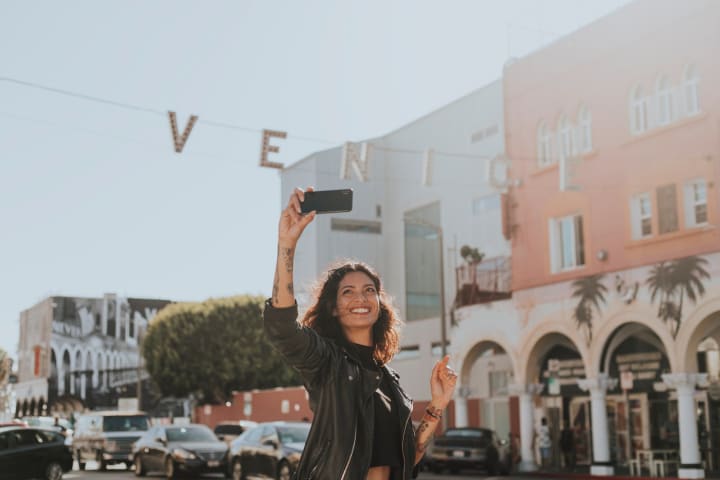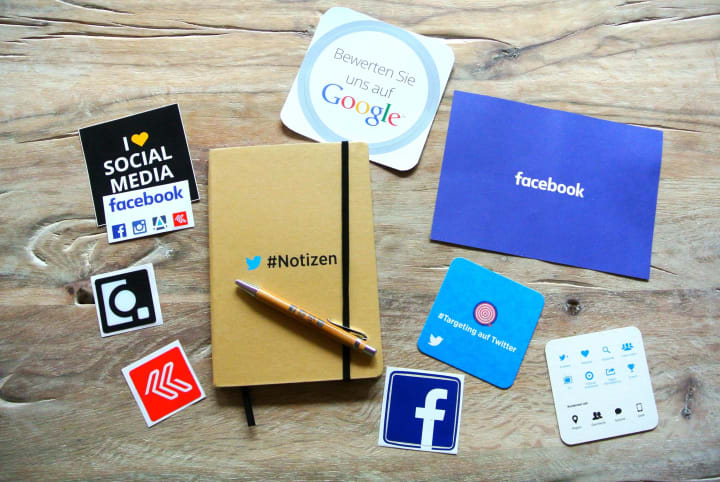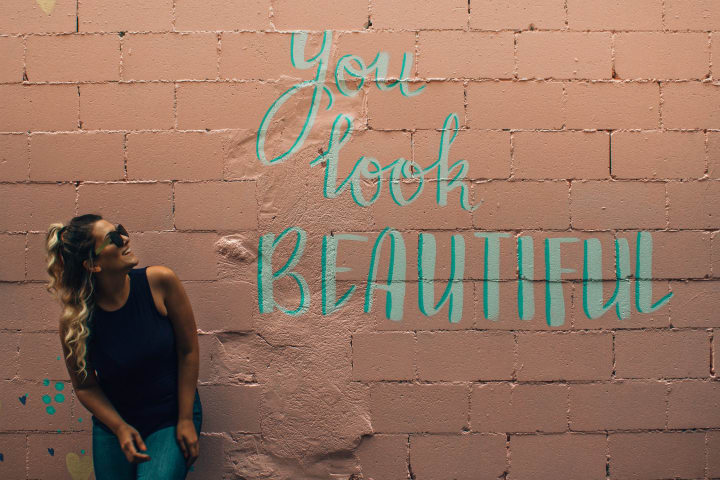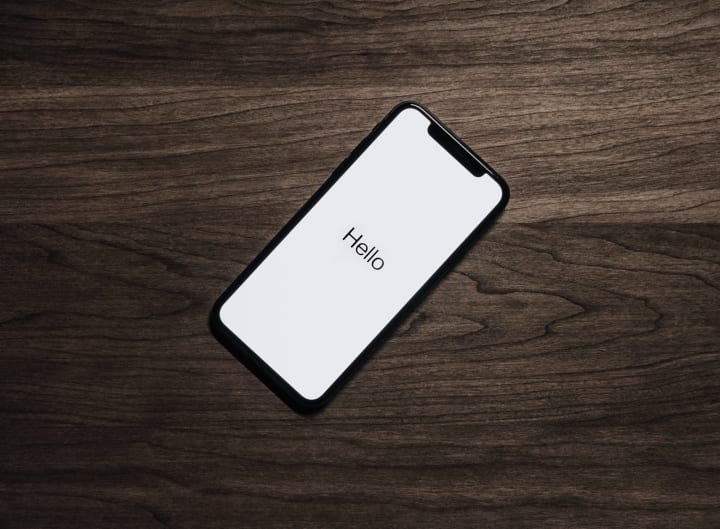Social Media Influencers: Are They Just a Passing Trend?
Social media marketing is a new phenomenon, but how much longer will it be here for?
So, who are influencers? Social media influencers are individuals with large followings on social networking platforms who capitalise on their audience by working with brands to promote products or creative personalised promotion codes to their niche audience base. Their money is also made through promoting affiliate links and encouraging their followers to use their personalised promotional codes provided for them by brands. Influencer marketing has revolutionised the digital marketing sphere and insight from Captiv8 has revealed that influencers can earn up to $20,000 per post. It sounds like the dream job but can influencers stand the test of time or are they simply a passing trend?
Are influencers actually saving you money?

Many ‘big’ influencers are experiencing flatlining popularity, begging the question, have they become so absorbed with brand deals that they have forgotten to prioritise their own audience? With an influencer’s success so clearly centred on their ability to identify audience desires and fulfil them, how do influencers go about doing so? More often than not, influencers convince audiences that they are providing the best advice and best deals for their followers but do influencers actually save them vast amounts of money? The answer is often no.
Whilst influencers can obtain personalised promotional codes and provide affiliate links, promotional codes are hardly exclusive to the social media influencer. Instead, offers of equal value are frequently available on voucher code websites, which are a lot more accessible and focused, saving consumers a lot more time. Take Discount Promo Codes, for example, a site that actively pools and sorts relevant voucher codes available on the internet into specific categories for you to choose from and use. It also provides a search function, allowing customers to easily find specific company vouchers. So, say you were eying up a particular bikini. Instead of watching the entirety of a YouTuber haul video in the desperate hope that a promotional code will be provided, you can save time and search for specific promotions directly on voucher code sites.
Social media as a trend

With 73% or advertisers setting a budget aside for influencer marketing, it is easy to see the effect that social media has had on the way we advertise. Social media platforms themselves are a creative response to a particular trend—take Facebook, which was born out of the desire for online social connection or Instagram, a platform responding to the increasing popularity of visual communication. So, if social media platforms are trend-dependant and subject to the changing patterns in audience interests, so too are the influencers who operate on these platforms. Once popular social networking sites like Bebo have long since vanished into the social media abyss and the same is likely to happen to current core social platforms, with Twitter experiencing a reduction in engagement rates in recent years. Just as social networks’ popularity can flatline, so can an influencer’s relevance. Despite the concept of influencers only becoming prevalent in the last decade, there are already clear patterns that highlight the potentially short span of relevance for the individual influencer.
Cast your mind back to the old school big names on the influencing scene such as Lilly Singh, Zoella, Andrew Bachelor and Michelle Phan; it may spark the question, where are they now? Well, let’s take Zoella, for example, dubbed as one of the earliest and most successful social media influencers, starting her YouTube channel in 2009 which has since racked up over 12 million subscribers in the proceeding years. However, in recent years, her social media reign has been on the decline and Social Blade found that Zoella lost 43% of her monthly views between 2015 and 2017. Once recognised as one of the most influential names in the beauty community, young girls flocked to her YouTube channel to follow her makeup tutorials, however, such content had since been eclipsed by celebrity makeup artists such as Ariel Tejada, James Charles and Hung Vanngo who have now harnessed the power of social media to showcase their talents in the beauty field. As followers demand increasingly specific content, the youtuber ‘all-rounders’ like Zoella, who create beauty, fashion, and lifestyle content, become obsolete, with audiences gravitating to niche influencers that provide the expertise they desire.
Are influencers authentic?

The influencer community is built on authenticity, with the social media influencer gaining popularity by being relatable and providing honest recommendations to their audiences. However, this marketing sphere is becoming more and more saturated with brand and influencer partnerships meaning influencers’ Instagram captions and YouTube titles are now littered with #ad. But do paid promotions damage the trusting relationship between influencer and follower and how long are followers prepared to support an increasing ‘sell-out’ culture in the influencer marketing sphere? Medium.com has found that millennials are becoming increasingly disengaged with influencers who are constantly taking sponsorship deals. And this is no surprise, with trust being a primary means of ensuring follower loyalty, by inundating their audiences with paid recommendations, transparency and bias no longer become distinguishable and influencers risk declining popularity. Audiences will be much more inclined to search elsewhere for reliable content that is free from paid product promotion. Plus, with more and more fake influencers in the marketplace, we can no longer know who to trust. It is easy, however, to forget that it is us, the followers, that have a huge impact in deciding the fate of the influencer. We have the power to pick and choose who we follow and if they are no longer relevant or providing value we can just as easily unfollow and dismiss our once favourite influencers as trends of the past.
So, do influencers have a limited lifespan?

Whilst it is impossible to predict the future of an ever-changing digital marketing sphere, like anything that is popular, influencers are trends and therefore it is almost inevitable that individual influencers will lose their relevance in years to come. So, whilst the concept of influencer marketing may remain a popular tool in the digital marketing sphere, the individual influencer can easily become obsolete in the crowded and evolving marketplace. The question, therefore, isn’t whether social media influencers are a trend but instead how long they will remain in trend for. But how do influencers remain current and avoid the path to irrelevance? The answer lies in their ability to provide value for and please their audiences, without which they lack both influence and a following to market to. The influencer must strive to create valuable content that benefits its audience, whether that be saving them money or providing unique and original content. In an increasingly crowded market, the race is on for influencers to adapt to the ever changing digital marketplace and ensure they bring value to their particular niche- by doing so they ensure a loyal audience which remains the key priority if influencers hope to avoid being discarded as a trend.
About the Creator
Craig House
Creative entrepreneur, freelance designer and all round business savvy youth.





Comments
There are no comments for this story
Be the first to respond and start the conversation.